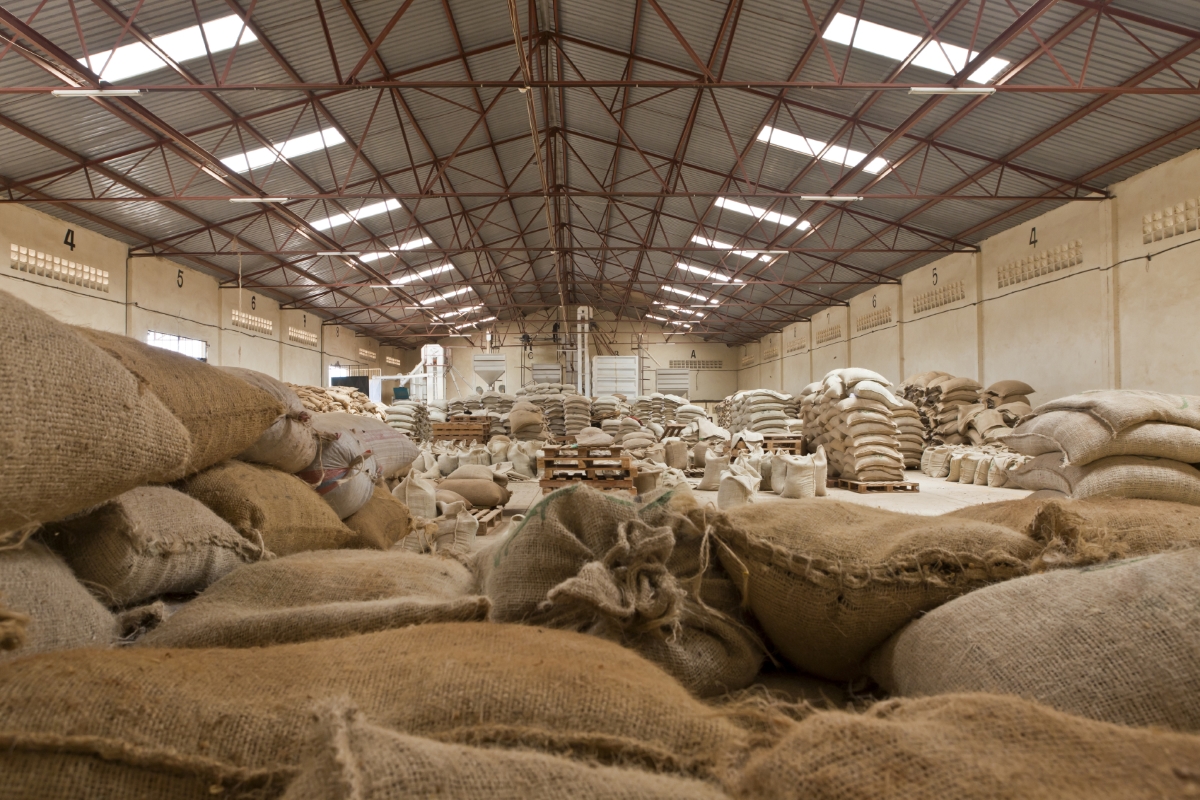5 Tips for Choosing a Commodities Trading Company in Nigeria
5 Tips for Choosing a Commodities Trading Company in Nigeria
Commodities trading is an exciting business that has the potential to make traders rich. The commodities market is a volatile one, with prices swinging up and down on a regular basis. Trading the right commodities at the right time can be extremely profitable, but picking the wrong ones can also cost you dearly. However, this does not mean that you should avoid this business if you are not willing to take risks. On the contrary, it’s precisely because of its volatility that commodities trading offers such excellent opportunities for profit. The trick is knowing how to play your cards right when operating in this business as an individual or company . Let’s take a look at some useful tips for choosing a commodities trading company in Nigeria:
Research is the key
One of the most crucial aspects of choosing a commodities trading company in Nigeria is researching the company’s reputation. An honest, trustworthy company will be happy to provide you with references from customers who were happy with their services, as well as any information about its products and services, terms and conditions, and any other useful facts. If you can, try to contact some of these customers to ask about their experiences with the company. If you encounter any difficulties with this, it may be a sign that the company is trying to hide something.
Check out the company’s reputation before signing
Once you’ve found a commodities trading company in Nigeria that seems promising, you’ll want to conduct some further due diligence before signing any contracts. You may want to request a copy of the company’s certificate of incorporation or other proof of legal standing, as well as check out a company’s rating with the Better Business Bureau. Finally, you should do a thorough online search of the company’s name to see what others have to say about it. Even though the BBB rates companies, this is not the only source of information you can use. In fact, a large percentage of complaints against companies are not reported to the BBB.
Look for transparency and fair practices
Choosing a commodities trading company in Nigeria that follows transparent practices will make your life much easier in the long run. Although laws vary from state to state, commodities trading companies are generally required to disclose the fees and charges related to their services. You should expect to see a list of these charges on the company’s website. Some of the fees you can expect to see include registration fees, daily trading fees, monthly account fees, and withdrawal fees.
Beware of leverage and high costs
Before signing any contracts with a commodities trading company in Nigeria, make sure that you understand how the company uses leverage. The use of leverage is a legitimate practice in the commodities trading business, but it is important to know exactly how it works. Leverage allows a commodities trading company to increase your trading power. In other words, by using leverage, a company can allow you to trade a much larger quantity of commodities than you actually have on hand. This is an important feature in a commodities trading company since it allows you to take advantage of price fluctuations in a much wider range of commodities while keeping your trading account balance low. However, even though the use of leverage is a legitimate practice, you should make sure that the company you choose is not using excessive amounts of leverage. This would put you at great risk of losing more than you have in your trading account.
Commodity trading platforms to look out for
There are many commodities trading companies in Nigeria that will allow you to trade by phone, email, or even through a digital platform. You should be aware, however, that these platforms are not always secure. In fact, the most common complaint against digital trading platforms is that they are not secure enough. Depending on the company you choose, you may be able to trade commodities through a website or mobile app. While this option may not have the same level of security as a phone call, it does allow you to record your trading history and keep track of your profits and losses.
Conclusion
The tips we’ve discussed above will help you to choose a commodities trading company in Nigeria that is trustworthy and transparent. Choosing a commodities trading company in Nigeria that follows fair practices and uses legitimate methods will make your life much easier in the long run. Choosing the right commodities at the right time can be extremely profitable, but picking the wrong ones can also cost you dearly. Commodities trading can be an exciting and lucrative business if you choose the right company and make smart trading decisions.








LEAVE A COMMENT
You must be logged in to post a comment.